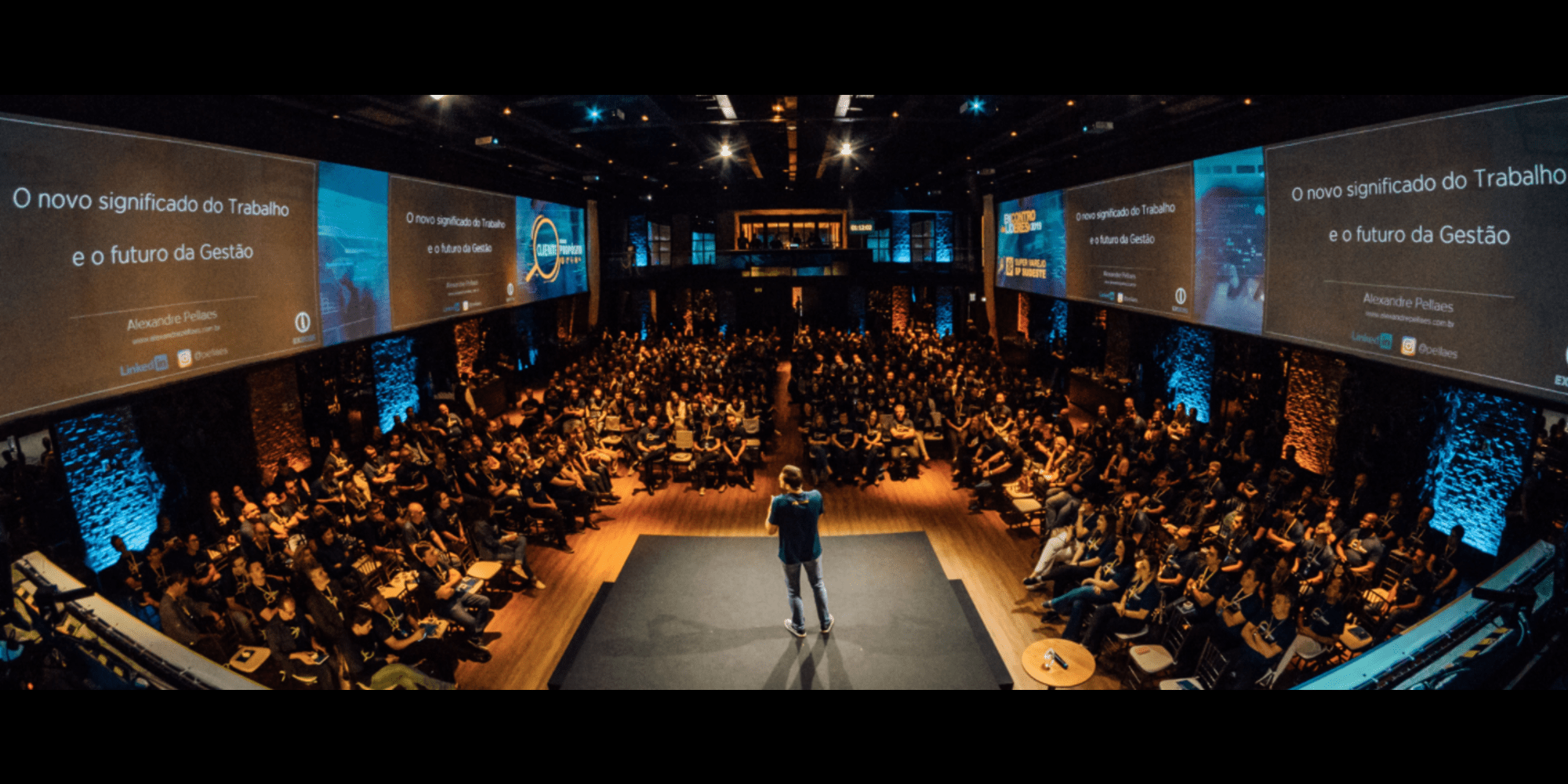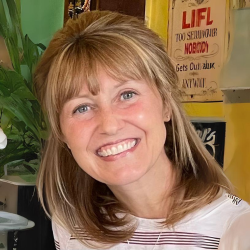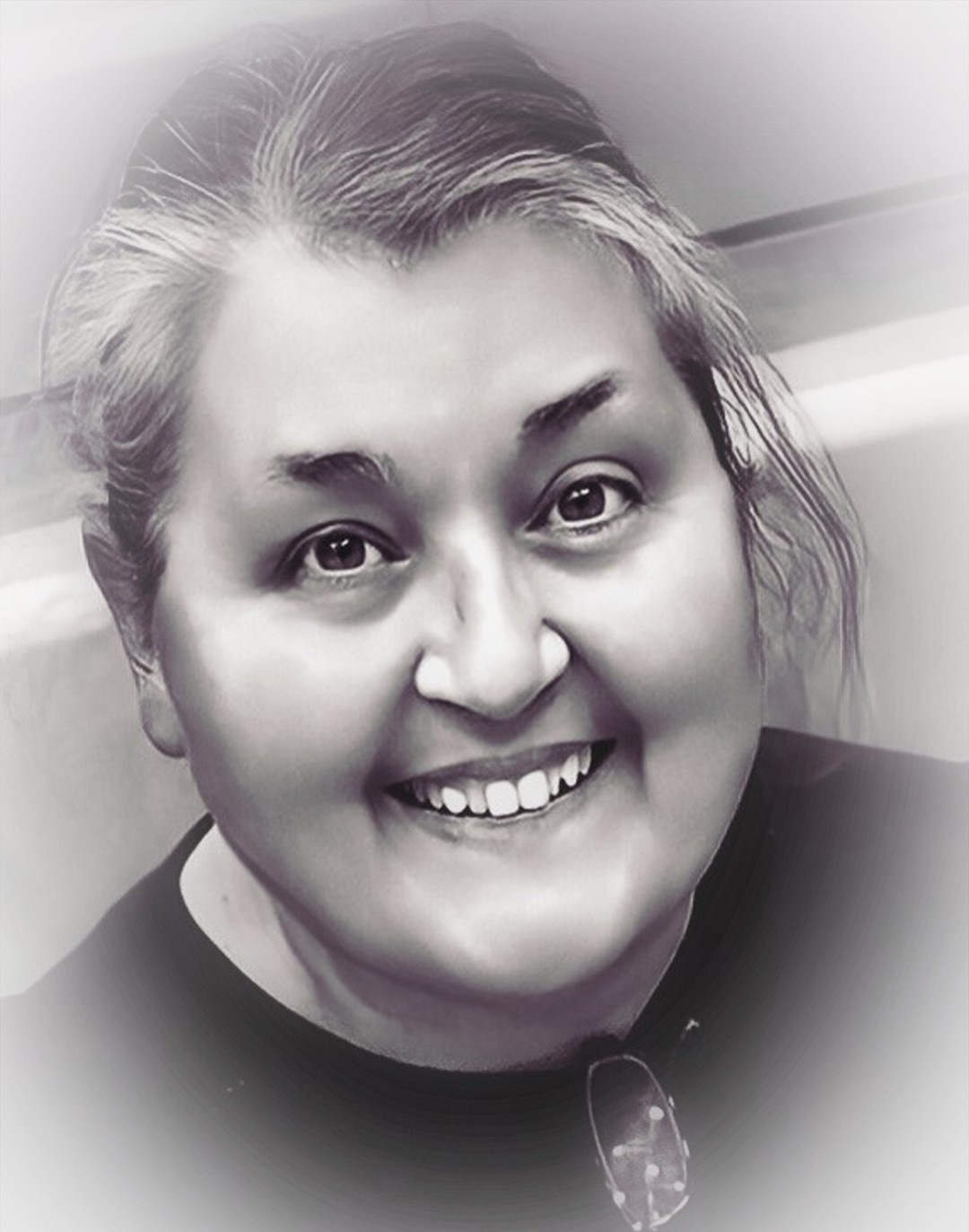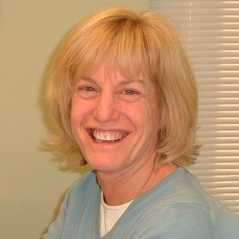This conference focused on using the Foundational Capacities for Development (FCD™) and the Developmental, Individual Difference, Relationship (DIR) based model to build a comprehensive intervention plan.
- To assess foundational capacities and the individual’s DIR Profile
- To identify hurdles and gaps in development and to plan for intervention to address these gaps
- To identify behaviors related to anxiety and visual spatial challenges
- To focus on comprehension and how to enhance the individual’s ability to make meaning of a world that can sometimes be confusing
- To activate development through affect
- To recognize how symbols reflect emotional development
- To prioritize goals and integrate related intervention approaches
- How to apply the DIR-FCD™ approach from the perspective of the following disciplines: Speech, OT/PT, Education, Medicine and Mental Health
This Conference is available as Webcast Series here

Sherri Cawn, MA, CCC-SLP
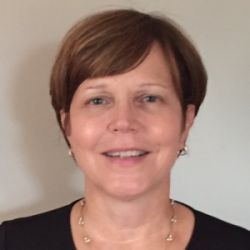
Linda Cervenka, MA, CCC-SLP

Cortney Grove, MA, CCC-SLP, I/ECMH-C

Monica Osgood, MA
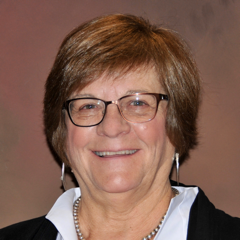
Elizabeth Osten, MS

Ricki Robinson, MD, MPH
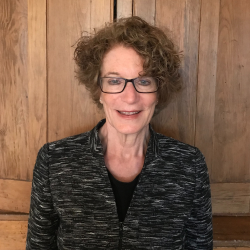
Diane Selinger, PhD

Richard Solomon, MD
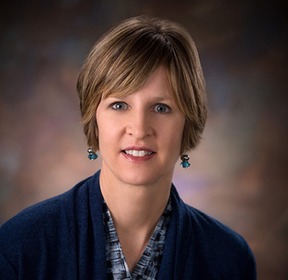
Traci Swink, MD

Serena Wieder, PhD
